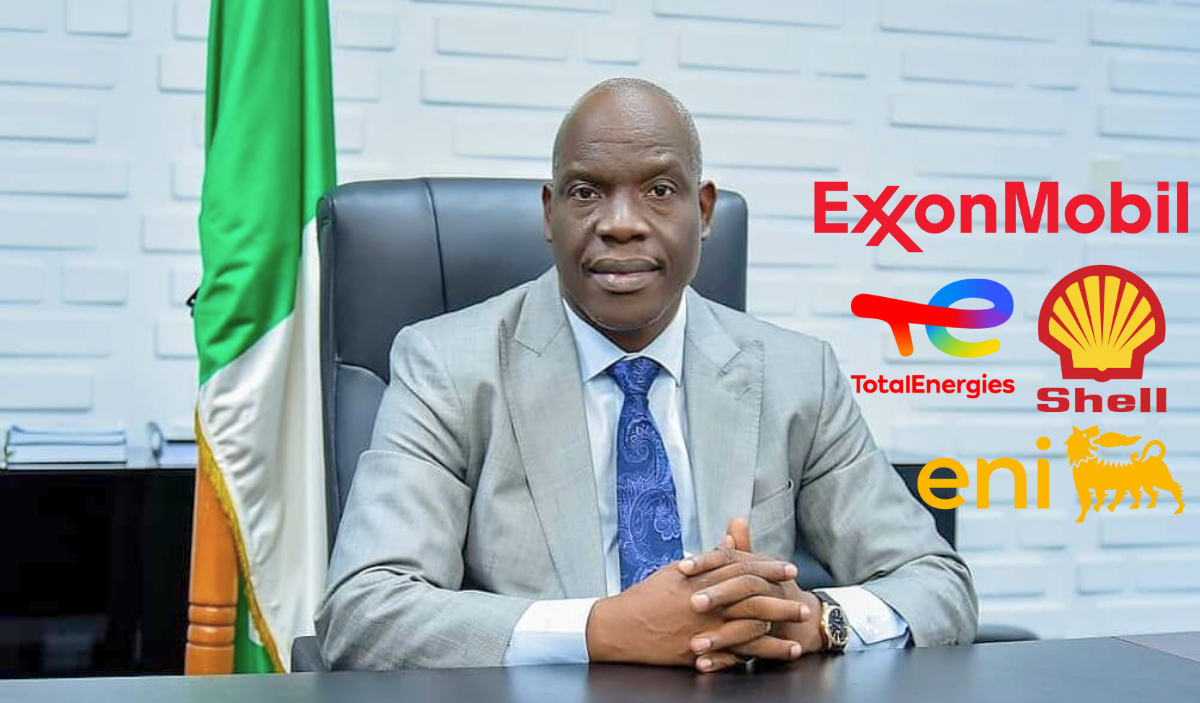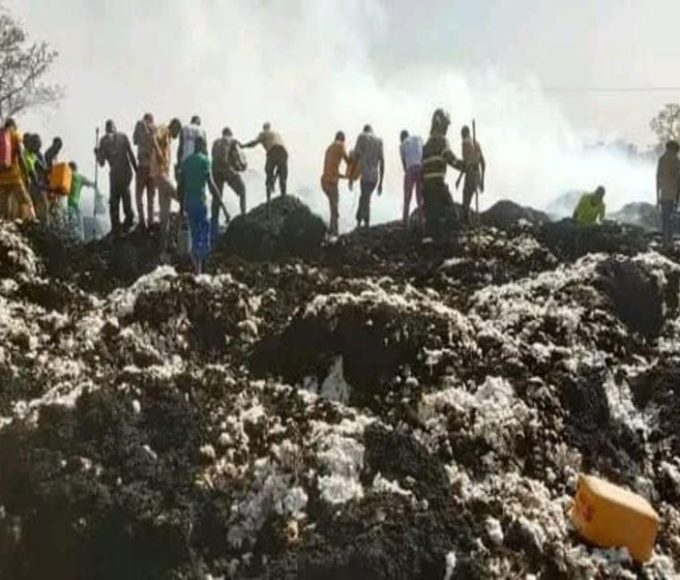
Major oil companies, such as Exxon Mobil, Shell, TotalEnergies, and Eni, have sought to exit Nigeria’s onshore oil to focus on deepwater drilling over security concerns, including sabotage and theft in the Niger Delta region but were delayed by government authorities over responsibility for oil spillage clean up.
This announcement was disclosed on Friday at a meeting with the oil companies in Abuja and the Nigerian Upstream Petroleum Regulatory Commission (NUPRC). The Chief of NUPRC, Gbenga Komolafe, offered a short-term option with faster approval if the companies commit to cleaning up spills and compensating communities.
Komolafe further maintained that if the major oil companies agree to take the option, they will sign the undertaking knowing they have obligations to fulfil.
However, Komolafe also offered a second long-term option, which involved waiting for NURPC to identify and assign all liabilities, potentially delaying the final approval until August.
Essentially, NUPRC seeks to ensure a balanced yet faster exit for the major oil companies, including protecting the environment, meeting local community demands, and ensuring the long-term capacity of the oil assets.
While the companies review the options regarding cleanup costs, NURPC is responsible for determining what the departure of 26 oil blocks means for Nigeria’s source of revenue.
We aim to ensure that the companies that take over these blocks have the necessary financial resources and possess the technical expertise required to responsibly manage the blocks throughout their lifecycle in accordance with good asset stewardship practices, Komolafe said.
According to NURPC, these oil blocks hold an estimated reserve of 13.76 billion barrels of oil, 2.70 billion barrels of condensate, and about 90,717 billion cubic feet of gas.
About The Author
Mayowa Durosinmi
author
M. Durosinmi is a West Africa Weekly investigative reporter covering Politics, Human Rights, Health, and Security in West Africa and the Sahel Region
Mayowa Durosinmi
M. Durosinmi is a West Africa Weekly investigative reporter covering Politics, Human Rights, Health, and Security in West Africa and the Sahel Region
Related Articles
Zimbabwe Rejects $350m US Health Deal Over Sovereignty Dispute
Zimbabwe has formally withdrawn from negotiations on a proposed $350 million health...
ByWest Africa WeeklyFebruary 25, 2026Niger’s President Outlines Vision for Strategic Partnership with China
Niger’s Head of State, General Abdourahmane Tiani, has articulated a renewed vision...
ByWest Africa WeeklyFebruary 25, 2026Fire Destroys 140 Tonnes of Cotton in Western Burkina Faso
A major fire has destroyed more than 140 tonnes of cotton in...
ByWest Africa WeeklyFebruary 25, 2026Mali’s New Ambassador to Angola Presents Credentials, Pledges Stronger Bilateral Ties
Diplomatic relations between Mali and Angola entered a new phase on February...
ByWest Africa WeeklyFebruary 25, 2026












